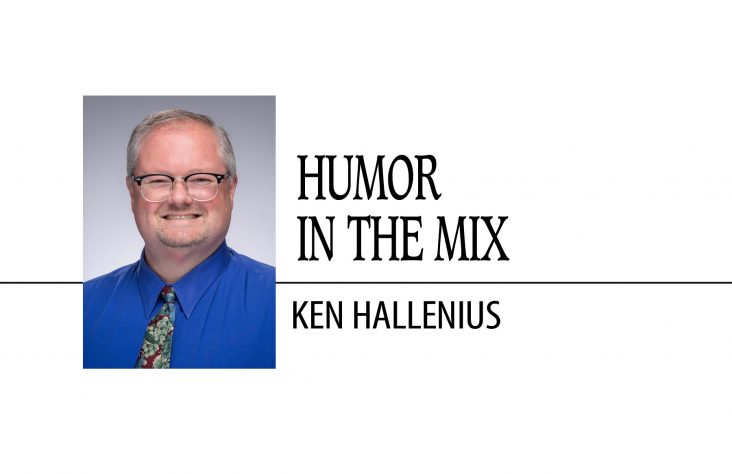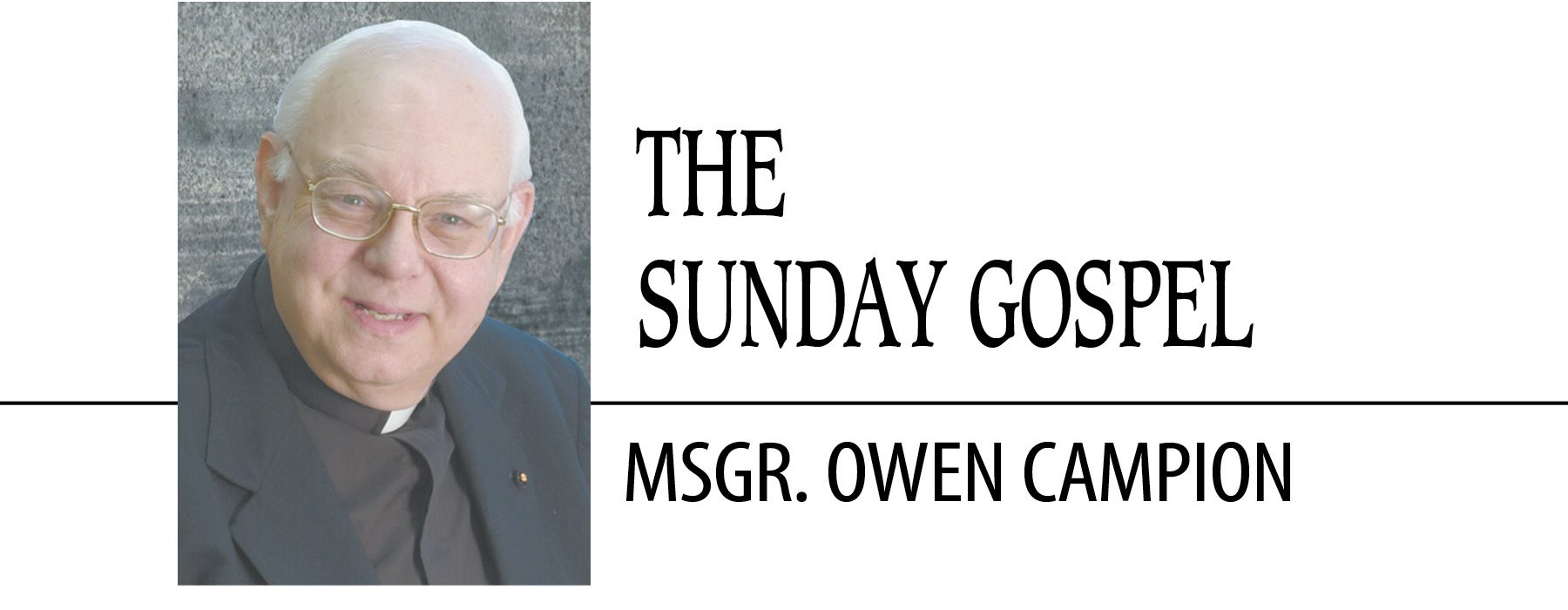May 2, 2020 // The Sunday Gospel
Jesus is the only route to heaven
Fourth Sunday of Easter
John 10:1-10
The Acts of the Apostles again furnishes the first biblical reading. As was the case last weekend, it is a passage recalling a time when Peter spoke on behalf of all the Apostles.
This event occurred on Pentecost, an important Jewish feast. The sermon is in the literary style of kerygmatic. It goes to the essence of the Christian message. It highlights the basics of Christian belief. Jesus is Lord, Son of God. He is the Redeemer. In Jesus, and only in Jesus, is salvation. Jesus bears God’s mercy and eternal life.
Divine mercy and eternal life are not thrust upon us. We ourselves must accept Jesus. We must turn to God. We must repent and reform. This was Peter’s plea.
The reference to Pentecost is not just simply to provide a date. Mentioning Pentecost reminds us that the Apostles stood at the center in the current of God’s long process of salvation and protection, linking the salvation offered by Christ, and salvation offered by the Apostles in the Lord’s name, in the context of God’s constant loving care.
First Peter once again supplies the second reading. Scholars dispute that the Apostle Peter, Simon Peter, the Galilean fisherman, literally authored this epistle. Discussions in this regard in no way demean or discount the assertion that this epistle is the authentic and revealed word of God.
The tests of the authenticity of Scriptures is that they were believed to be divinely inspired by the early Christians. Most importantly, they were accepted as such and formally and officially identified by the Church.
First Peter fully meets these tests. Its message is twofold. First, Jesus is the Savior. His blood, spilled on Calvary, reconciles for all time God’s relationship with created humanity. Secondly, we must link ourselves with Jesus, affirming by our faith and by our total rejection of sin our love for God through faith in the Lord.
St. John’s Gospel is the source of the last reading. It dwells on a theme so often preferred by Jesus and emphasized in the Gospel of John, namely, that Jesus is the Good Shepherd.
Raising sheep was a popular livelihood in Palestine at the time of Jesus. Contemporaries of Christ instantly understood the imagery of sheep and shepherds. Jesus and the Evangelists employed these images to make clear and direct the message of salvation.
Their very technique in teaching reveals the holy yearning of God to be united with us.
This reading insists that Jesus is the only route to heaven. Without the Lord, we search for heaven in vain.
Also important in this reading is its reference to a thief who slyly, and under the cover of darkness, steals the unsuspecting and helpless sheep away, taking them to death and destruction.
We need Jesus. Sheep are tame and unsuspecting in the face of danger. They are vulnerable. So are humans. Thieves lie in wait for us. But fear not. The Lord, the victor over death itself, is our Good Shepherd.
Reflection
Still, several weeks after Easter, the Church proclaims its joy and faith in the Risen Lord. It repeats the message long ago spoken by Peter on Pentecost. Jesus is Lord! He lives! Repent, renounce sin and turn to God!
These readings present reality. We weak humans are prey before the devil and forces hostile to Jesus. We cannot withstand these threats without God’s help. We are like sheep. We are limited. We are shortsighted. Temptation and the human condition limit us.
Nevertheless, if we are in Jesus, and with Jesus, we are strong. No power can overwhelm us, because no power can overwhelm the Lord, the victor over death itself.
The Church bids us to face the facts about ourselves — and about the power of the Lord.
The best news. Delivered to your inbox.
Subscribe to our mailing list today.






